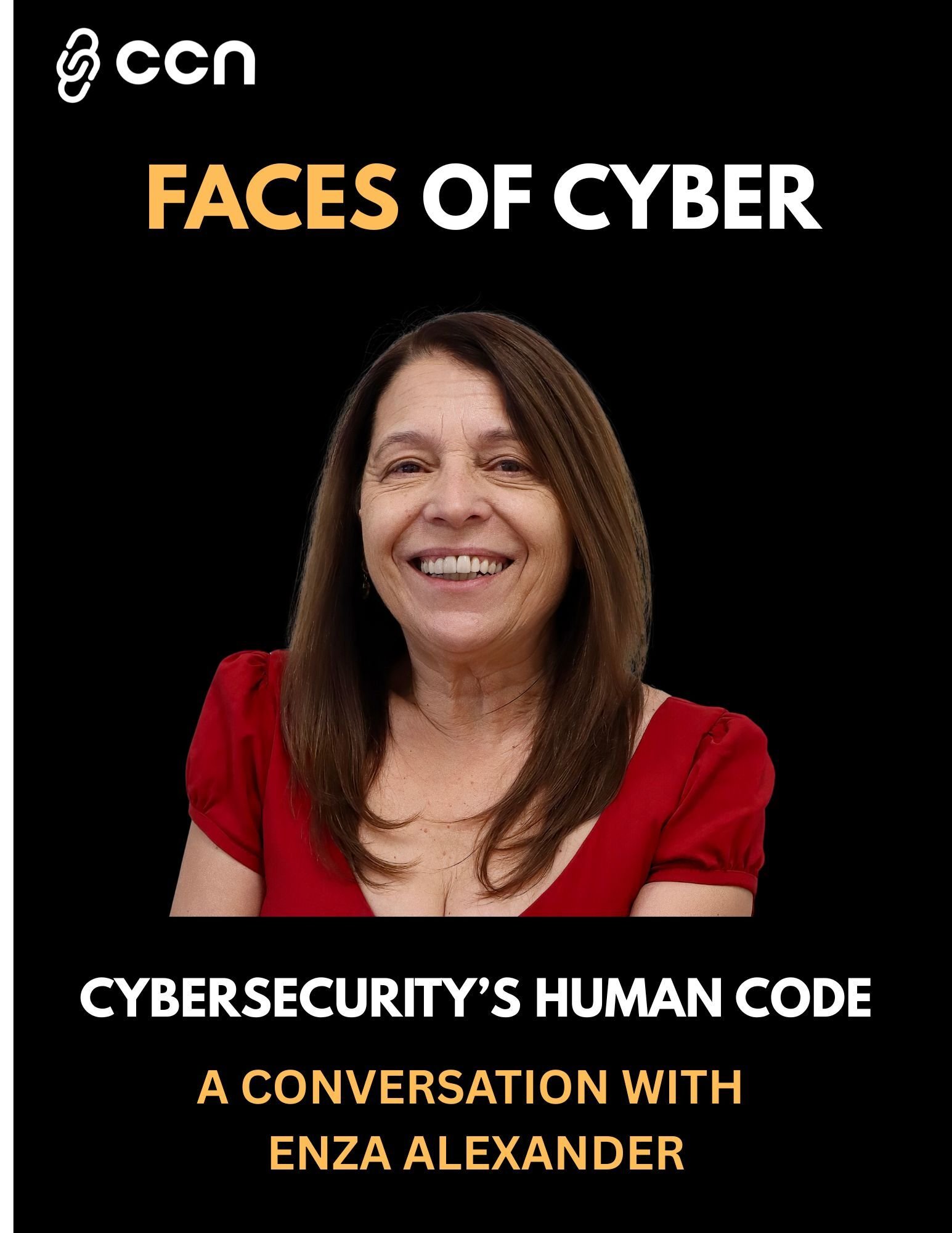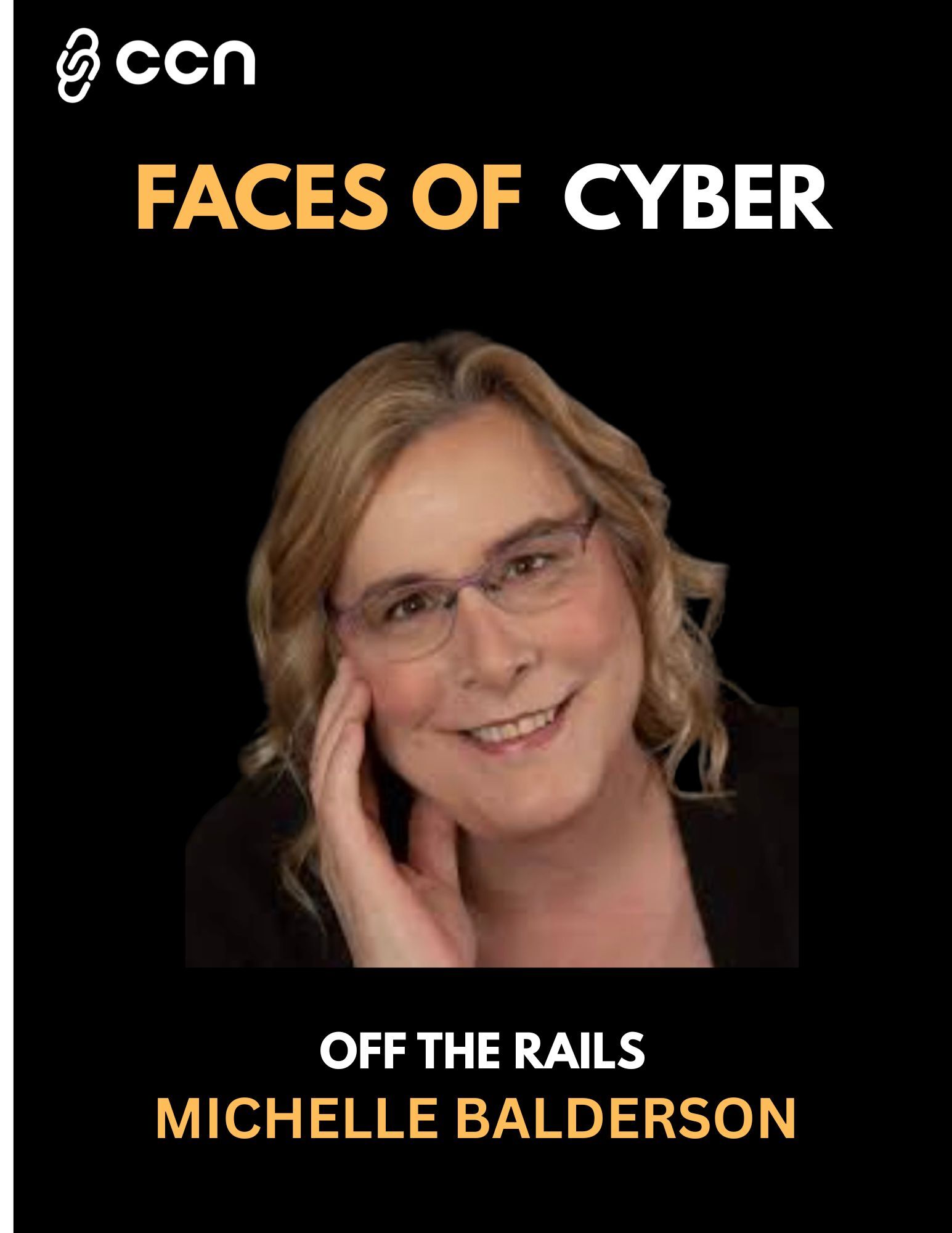Rewiring Awareness: Putting People Back at the Heart of Cybersecurity
Originally published in the

Enza Alexander on the Next Era of Leadership, Learning, and AI Ethics
In a field dominated by algorithms, alerts, and automation, Enza Alexander believes the future of cybersecurity isn’t just technical, it’s deeply human. “Cybersecurity is about solving business human problems,” she says. “At its core, we’re helping people and organizations navigate uncertainty, risk, and trust in an increasingly digital world.”
As Executive Vice President at ISA Cybersecurity, one of Canada’s leading cyber services firms, Alexander has become one of the industry’s most trusted voices, bridging the technical and the personal, the strategic and the ethical. Her leadership philosophy weaves together lifelong learning, community collaboration, and a clear-eyed view of how artificial intelligence (AI) is reshaping the digital landscape.
From “Computery” to Cyber: A Career Born from Curiosity
Alexander’s journey began decades ago, when the technology field was still an emerging frontier, and women were a rare sight within it. “I started my career in what people used to call ‘computery,’” she recalls with a smile. Working in financial services at a time when innovation outpaced policy and social norms, she was often one of the few women in the room. “There was a belief that women couldn’t handle the pace of innovation or balance it with family life,” she says. “But the truth is, women have always been natural multitaskers, connectors, and problem-solvers. Those same qualities make us strong cybersecurity leaders today.”
Her eventual move into cybersecurity came almost by chance, through consulting work with ISA, where she quickly realized the mission went far beyond technology. The threats she saw were no longer just corporate: they were personal. “We were dealing with identity theft, financial fraud, and attacks that could impact individuals’ lives,” she recalls. “That’s when it became clear that cybersecurity isn’t only about protecting systems, it’s about protecting people.”
The Business of Being Human
That perspective defines how Alexander leads. She rejects the notion that cybersecurity is purely about firewalls and frameworks. “Technology is at the forefront of transforming business,” she explains. “But at ISA, our purpose is to solve human and business problems first.” Her leadership blends empathy with execution. Whether guiding ISA’s consulting division, focused on governance, risk, compliance, and operational technology—or serving as a public spokesperson during major breaches, Alexander insists that every digital defense must begin with understanding human behavior. “It’s not enough to know how a breach happens,” she says. “We need to understand why someone clicked, why policies weren’t followed, and how to help people make better security choices.”
Always Learning, Always Listening
If there’s one thread running through her career, it’s curiosity. “Technology keeps us humble,” she says. “You’re never standing still. Every day, there’s something new you don’t know.” That humility drives her to keep learning, and to encourage others to do the same. “I’m a lifelong learner,” she says. “I constantly seek to understand what I don’t know today, and I listen to others’ perspectives. That’s how we build collective knowledge.”
She credits that mindset with helping ISA stay ahead of a rapidly changing regulatory, technological, and threat environment. “It’s about surrounding yourself with people smarter than you in different ways,” she says. “In cybersecurity, no one has all the answers, but together, we can find them.”
The Power of Community
For Alexander, knowledge only matters if it’s shared. She’s a vocal advocate for community engagement, encouraging professionals to read, participate, and contribute rather than operate in silos. “Cybersecurity is a sharing activity,” she explains. “Knowledge is power—but only if we share it. All voices matter.” She urges professionals to carve out time for active participation in communities like the Canadian Cybersecurity Network (CCN), industry associations, and local tech groups. Following the major players, Microsoft, Google, OpenAI, Anthropic, is part of staying informed, but it’s equally important, she says, to exchange insights with peers and newcomers alike. “We have a shared responsibility to listen, learn, and help others avoid the pitfalls that can cause reputational or financial damage.”
Artificial Intelligence: Promise and Peril
When the topic turns to AI, Alexander’s tone sharpens. “AI is an overwhelming topic—and it will dictate the future of cybersecurity,” she says. “Right now, the market feels like ‘AI or die.’ It’s top of mind in every organization.” Yet, she doesn’t view it with fear. “I don’t believe AI will eliminate jobs,” she insists. “But it will redefine them. AI will start to dictate the practitioners of tomorrow, their skills, their ethics, their decision-making.” What concerns her more is the absence of ethical guardrails. “We need moral and ethical frameworks for AI,” she says. “Otherwise, we’ll live in a world where we can’t tell what’s real. Is it a deepfake? Is it authentic? Do we even care anymore?” Her message is clear: if AI is to serve humanity, its use must be guided by values as much as by code. “We must ensure AI is used for good, for humanity’s progression, and that the bad actors don’t adapt faster than the defenders.”
Advice for the Next Generation
As an industry leader and mentor, Alexander is candid about the challenges facing new entrants in cybersecurity. “It’s a tough job market right now,” she acknowledges. “There’s a supply-and-demand issue, and employers want experience that newcomers haven’t had a chance to gain.” Her advice is direct: “Intern. Volunteer. Join associations. Get involved in your community, even at the local level.” Whether through municipal boards, tech associations, or national networks like CCN, she says engagement is the key to building both skill and confidence. “When you’ve been hands-on, you can walk into that interview and say, ‘I belong here.’” And above all, she reminds newcomers: “You’ll never know everything. That’s okay. What matters is staying curious, humble, and open.”
A Leadership Philosophy for the Future
Asked what advice she’d give her younger self, Alexander pauses. Then she smiles.
“Always be listening. Always be humble. And never believe you know what the next move is.” That humility, she says, isn’t weakness, it’s wisdom. “The moment you think you’ve figured it all out, the world changes.” For her, the essence of leadership, and cybersecurity itself, lies in collaboration and adaptability. “My perspective, coupled with yours and others’, creates a body of knowledge that lets us build what tomorrow needs,” she says. “And that’s what keeps me inspired every day.
Enza Alexander is Executive Vice President at ISA Cybersecurity, Canada’s leading cybersecurity-focused services firm. You can connect with her here.

Originally published in the

Originally published in the When Michelle Balderson began her career in technology more than 25 years ago, cybersecurity barely registered in the...

The Canadian Cybersecurity Network (CCN) has made its Canadian Cybersecurity Jobs platform completely free for companies hiring within Canada....